FIVE-STAR TEAM WARRANTY &
SAME-DAY SERVICE
How do i know if i should repair or replace my hot water tank?
Household appliances, hot water tanks have a finite lifespan, and issues may arise over time. When faced with a malfunctioning hot water tank, the decision to repair or replace becomes a pivotal one. This article aims to guide you through the considerations that can help you make an informed choice.
Age of the Hot Water Tank:
The age of your hot water tank is a key factor in determining whether to repair or replace. Most conventional tanks have a lifespan of about 10-15 years and for gas water heaters – 8-12. If your tank is nearing or has exceeded this timeframe, replacement might be the more prudent option. Newer models are often more energy-efficient and come with advanced features that can save you money in the long run.
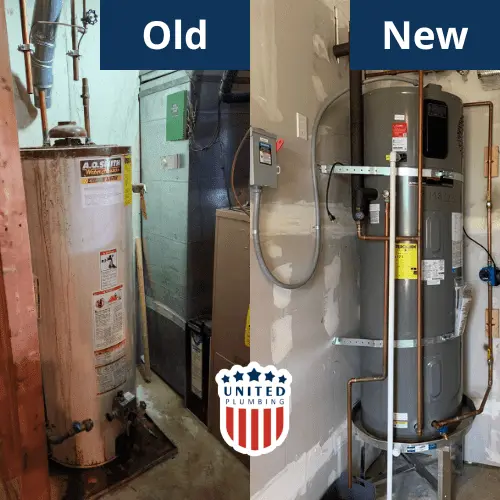
Cost of Repairs:
Evaluate the cost of repairs against the cost of a new hot water tank. If the repair expenses are substantial, approaching or exceeding 50% of the cost of a new unit, it may be more economical to invest in a replacement. Additionally, consider the frequency of repairs; if your tank requires frequent fixes, it may be a sign of its overall deteriorating condition.
Energy Efficiency:
Older hot water tanks may be less energy-efficient compared to newer models. If your current tank is causing a spike in energy bills or you’re looking to reduce your carbon footprint, upgrading to a more energy-efficient model could be a wise decision. Here you can read more about such water heaters as hybrid or heat pumps.
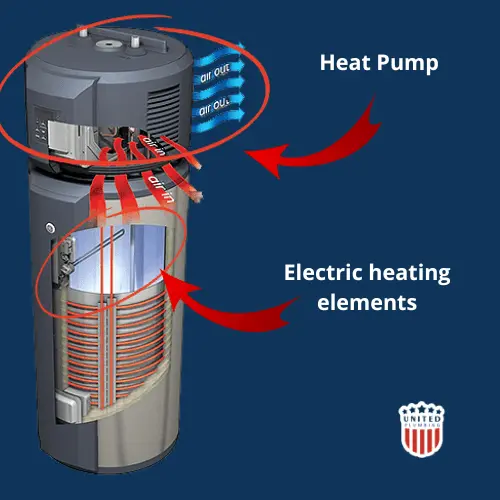
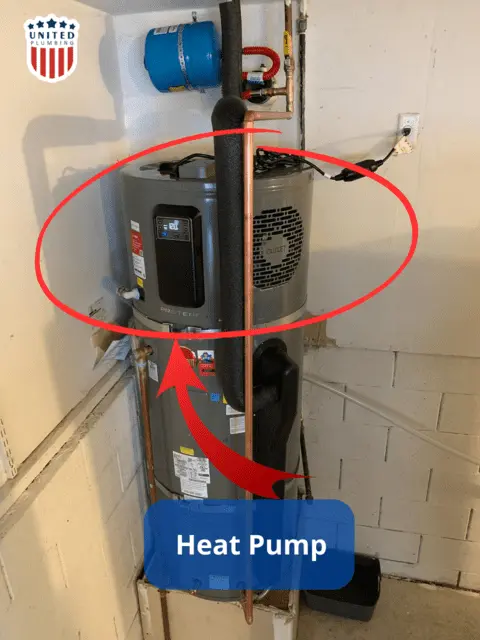
Water Quality:
If you notice rust-colored water, strange odors, or sediment in your hot water, it may indicate internal corrosion or sediment buildup. In such cases, repairs may only offer a temporary solution, read here to get more information. If the tank’s integrity is compromised, replacement becomes a safer and more effective choice to ensure the longevity of your water supply and prevent potential health hazards.
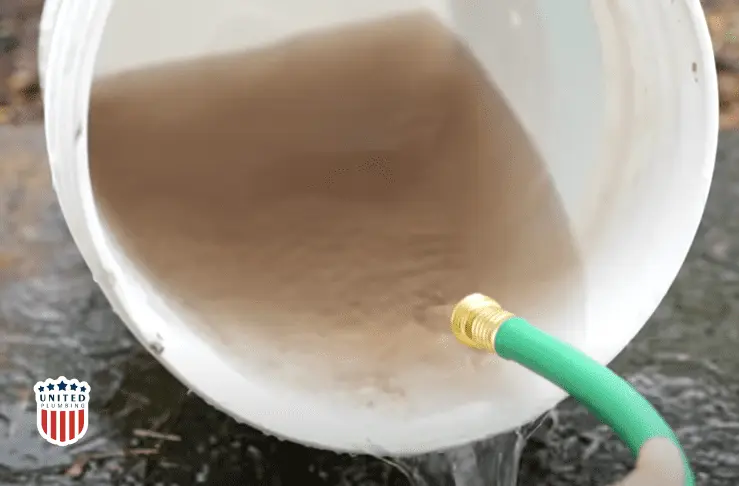
Signs of Leakage:
Persistent leaks around the hot water tank are serious issues that demand attention. If you observe water pooling around the base of the tank or notice corrosion on the tank itself, it could be a sign of internal damage. Repairing leaks might address the immediate issue, but if the tank’s structural integrity is compromised, replacement becomes inevitable to avoid water damage and potential safety hazards.
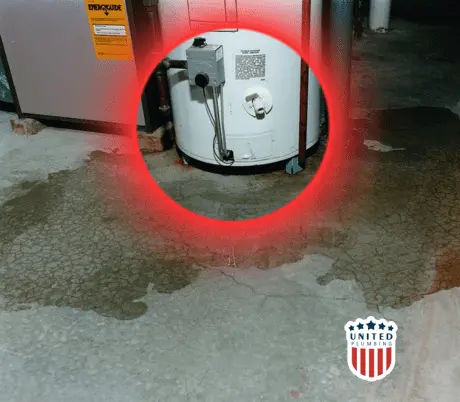
Strange Noises:
Unusual noises emanating from your hot water tank, such as popping, banging, or rumbling sounds, can indicate sediment buildup or other internal issues. If the noises persist despite maintenance efforts, it may be a sign of irreversible damage or deterioration, warranting consideration for tank replacement to ensure optimal performance and safety.
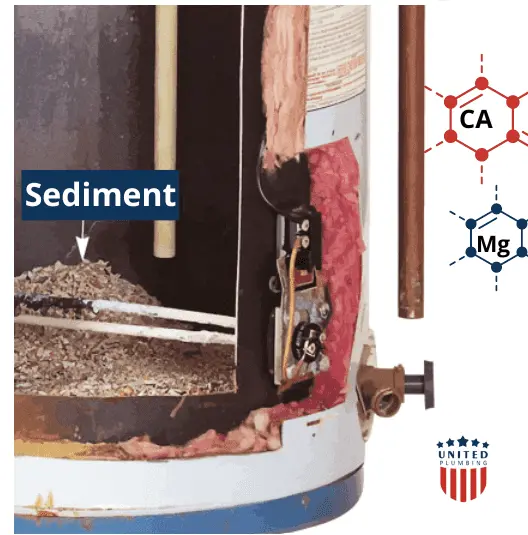
Post views: 553
Latest posts

Does LED Flickering Mean an Electrical Problem?
What California Homeowners Need to Know
LED lights are popular in California homes because they use less energy...

Does a Water Softener Fix Rusty Water in California Homes?
If you’re seeing brown, orange, or reddish water coming from your faucets, it’s normal to wonder if a water softener...


If you still have questions or need advice, please leave a request and we will contact you as soon as possible
Need a plumber and got no clue where to start?
(408) 539-6936Facing a plumbing issue? Get a FREE in-person estimate and quick solutions from our skilled technicians, ensuring your home runs smoothly again!
